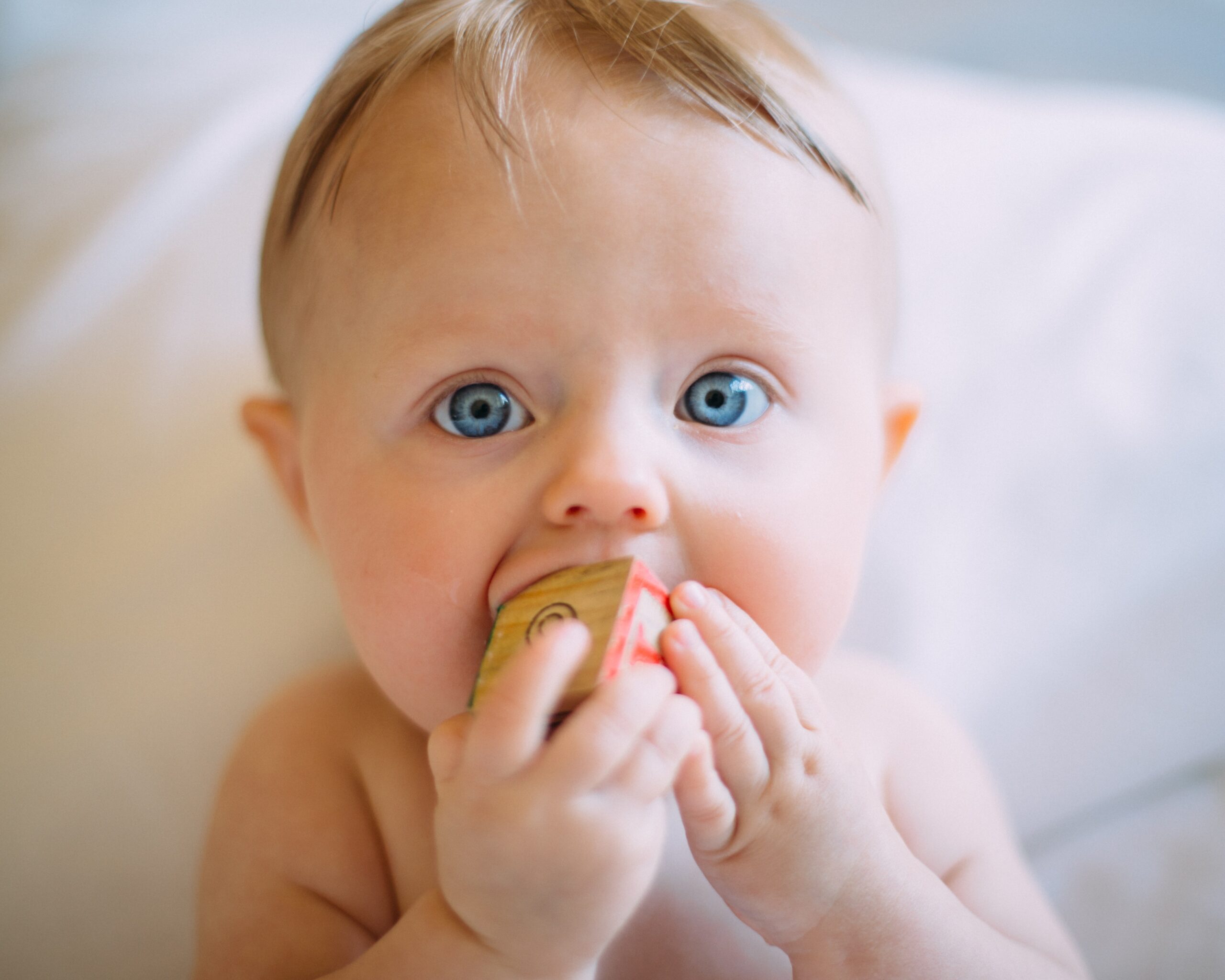In A Nutshell
In traditional psychology, it’s believed faulty thinking can keep people stuck in depression or cynicism. For instance, a depressed individual may worry an inordinate amount about future events, distort facts in a negative way, or be chronically pessimistic. In this psychological school of thought, the only way to truly escape the “blues” is to change the depressed person’s habits of thinking. While that might be the leading perspective, there is another theory, known as depressive realism, which suggests that mild to moderately depressed people don’t suffer from “faulty” thinking at all but instead see the world as it really is.
Editor’s note: This is a theory that is applied to mild or moderate depression, clearly distinct from severe depression, the causes and effects of which are far too complex to cover in one article. Moreover, the theory of depressive realism is not a proven one and is not one that is endorsed by this website. We are simply bringing you information about the theory, rather than attempting to say it is the correct one.
The Whole Bushel
The main premise of depressive realism is that the depressed perceive the world realistically while many non-depressed individuals are living in a positive illusion. For instance, if two students received an “A” on an easy test, the non-depressed student may magnify his own abilities and believe it was his intelligence that earned him a good grade. On the other hand, the depressed person would recognize it was the simplicity of the test that led to his good grade and not any unusual intellectual abilities. Essentially, according to this theory, some happy people remain happy because they are overly optimistic—another type of faulty thinking.
Where’s the evidence? Well, researchers have conducted multiple experiments that gauge the different perceptions of both depressed and non-depressed people when put in pre-designed scenarios. The first major study was by Lyn Abramson and Lauren Alloy in the 1970s. These psychologists selected 288 people and asked them to identify the level of control they had over whether or not a green light would illuminate when they pressed a button. (Incidentally, the button didn’t influence the light at all.) Four experiments were conducted in this fashion, and, in every case, the depressed subjects were surprisingly more accurate than non-depressed subjects in assessing their level of control of events.
Other researchers performed similar studies that also included a time element. What did they find? The depressed subjects were better at accurately predicting how much time had passed than their happy counterparts. In another test, participants were asked to rate their own performance on various tasks. It turned out that the depressed subjects more accurately rated their performances while the non-depressed tended to have a positive bias toward themselves. And in a final experiment, participants were asked to assess social situations and determine if the cause of an event was based on internal or external stimuli. Once again, the depressed people more effectively distinguished the causalities, whereas the non-depressed folks had a habit of blaming positive outcomes on internal factors and negative events on external issues.
To believers in depressive realism, the combination of these studies suggests that those with mild depression can more accurately judge the outcome of conditional events, and they have a more realistic vision of their abilities, influence, and limitations. In contrast, some non-depressed folks view the world through “rose-colored glasses” and unconsciously exaggerate their talents, influence, and abilities.
Of course, there are many who challenge the idea of depressive realism and have their own set of contradictory studies to match. If the theory of depressive realism was accurate, it would mean most current depression therapies aren’t actually helping patients’ thinking but making them overly optimistic.
Show Me The Proof
Psychology Today: Depressive Realism
Journal of Experimental Psychology: Judgment of contingency in depressed and nondepressed students: Sadder but wiser?
Journal of Personality and Social Psychology: Induced mood and the illusion of control
Journal of Affective Disorders: Neural correlates of depressive realism










